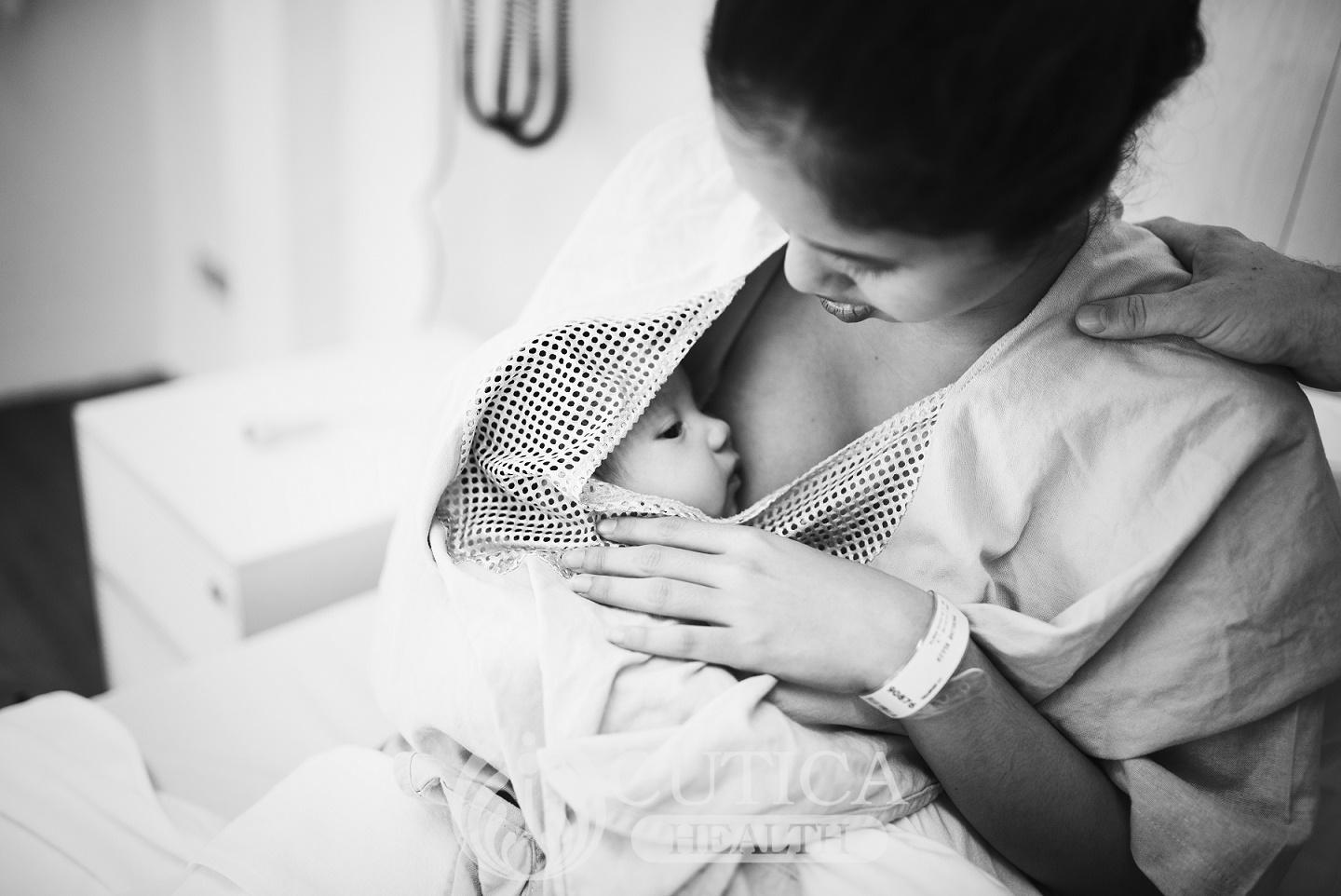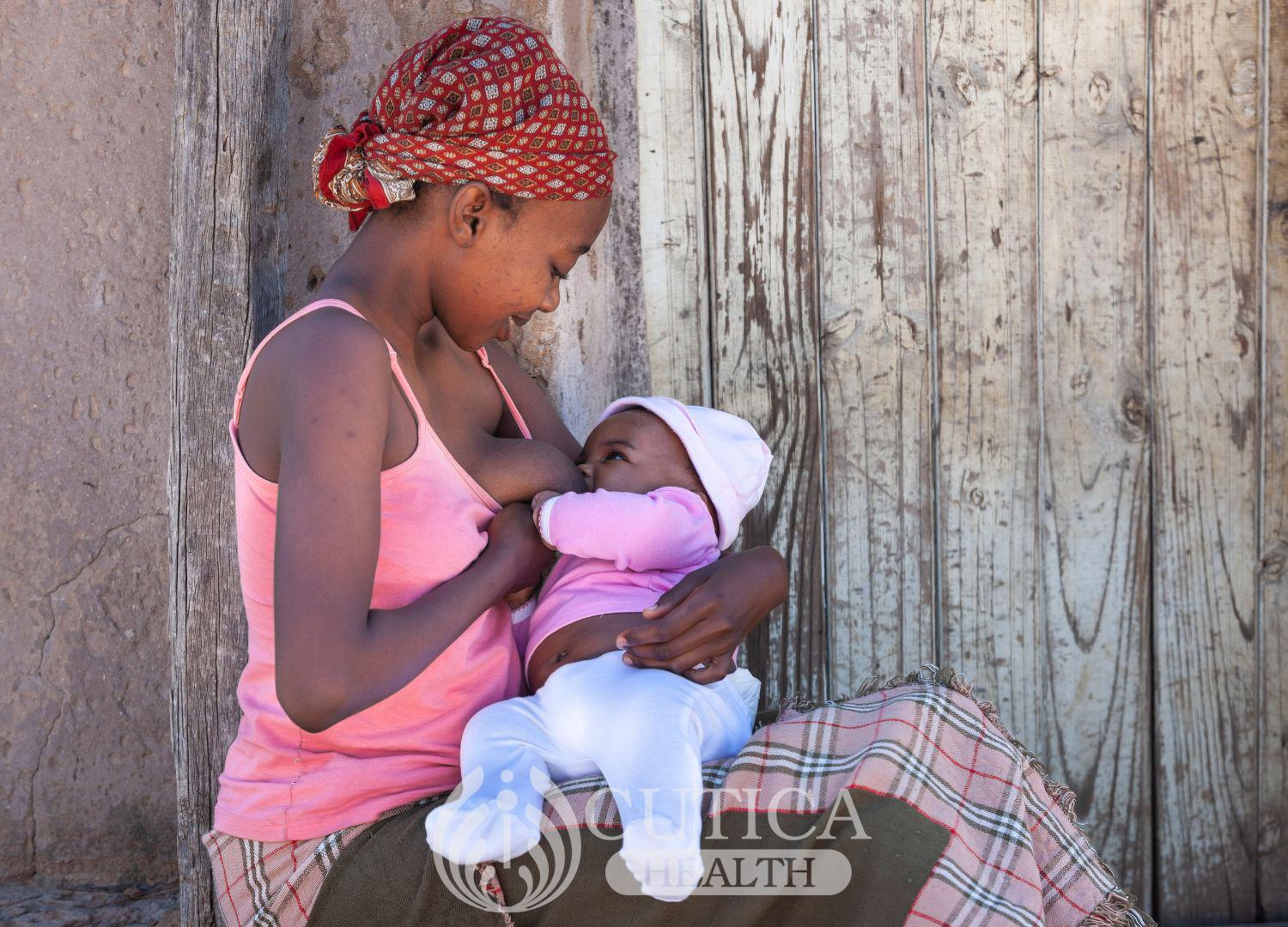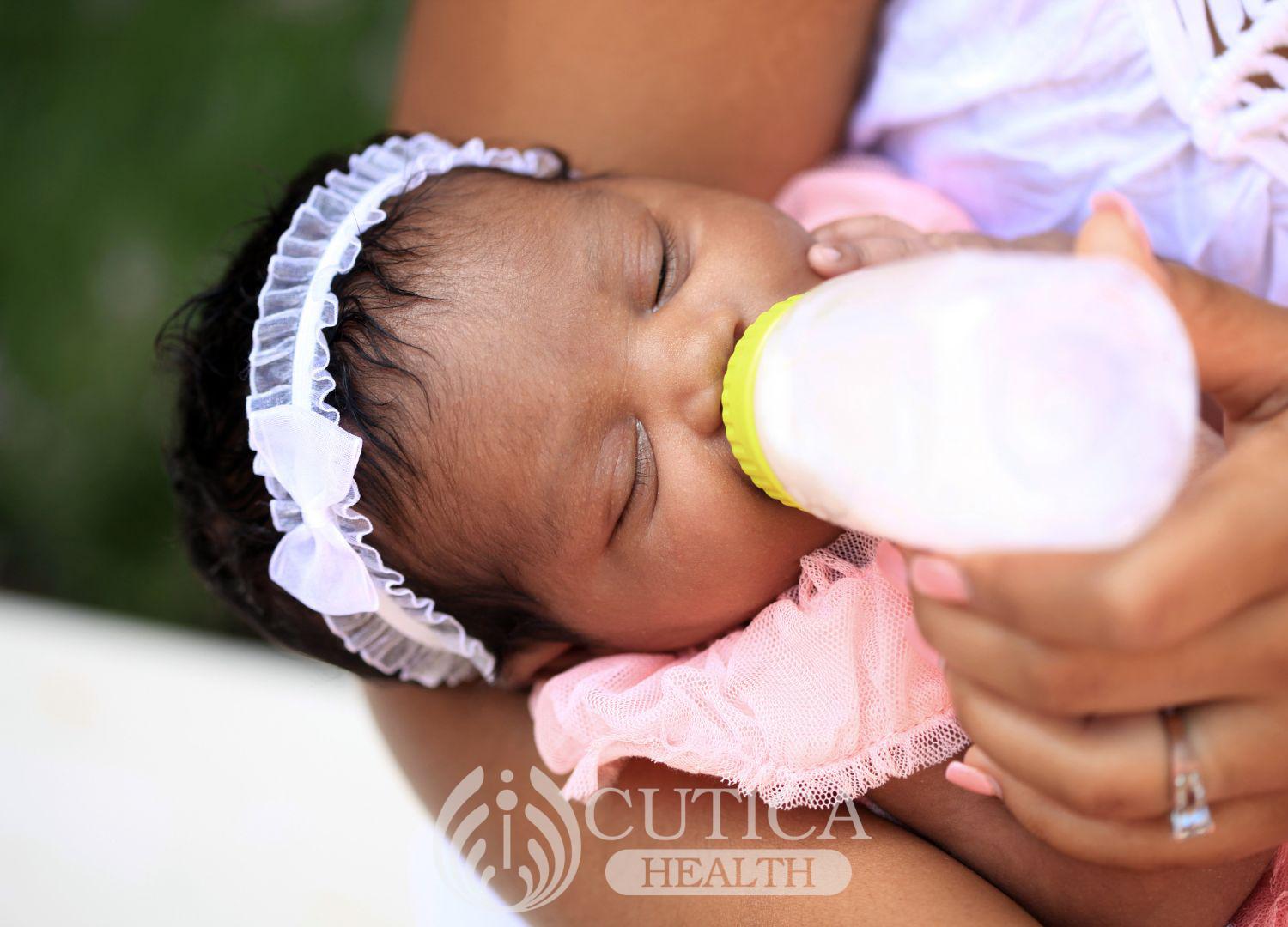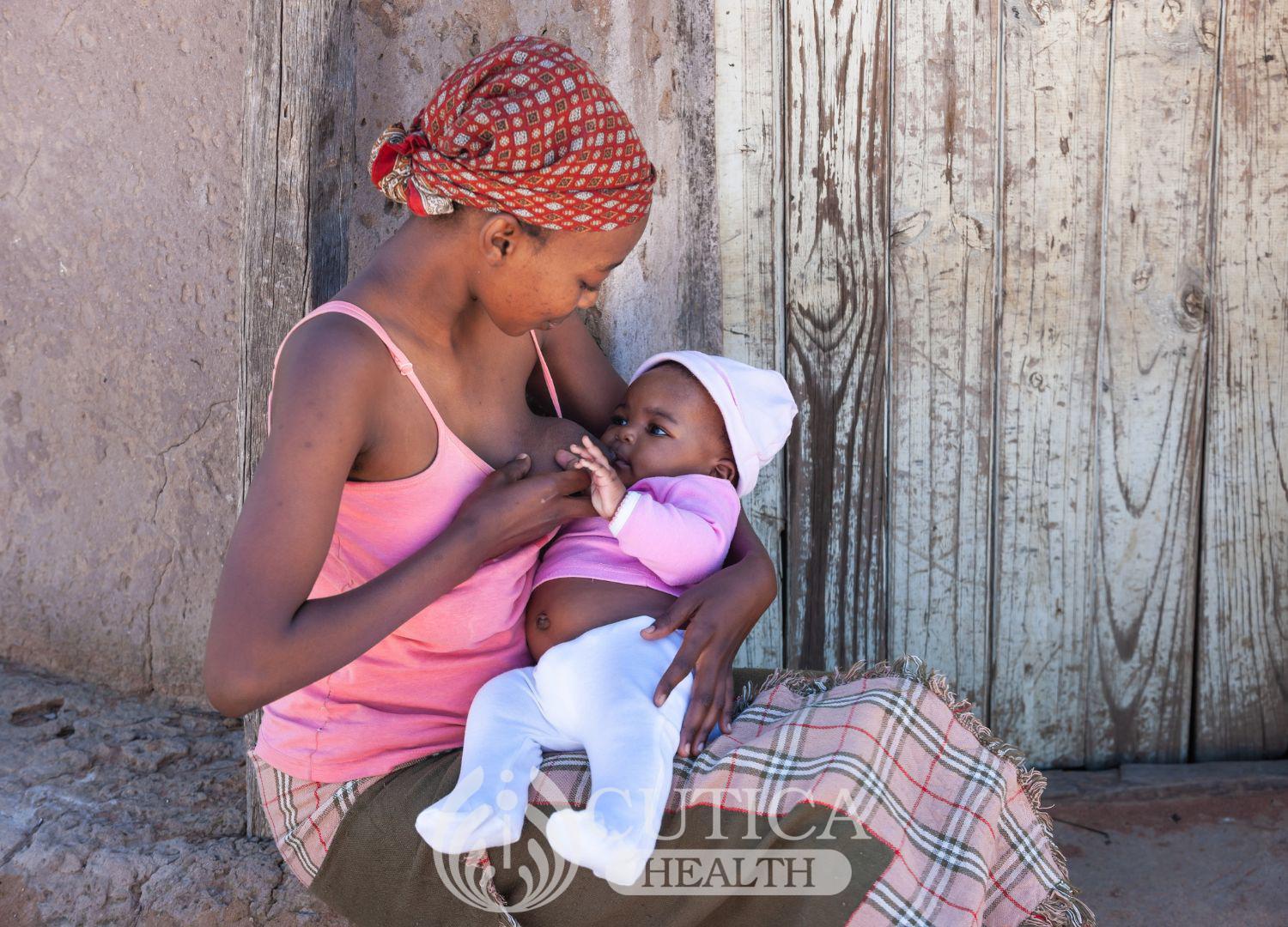
Ngozi is a 28-year-old banker who just discovered she is pregnant after 3 years of marriage. However, she was diagnosed with hypertension 2 months ago and she is worried that this will affect her pregnancy. She’s also worried that the medications she is taking for hypertension might be dangerous for her unborn child. She has spoken to her friends about it, but they all seem to have opposing views. So, she decides to go see her family physician for medical advice.
What is hypertension?
Hypertension is a condition where an individual’s blood pressure is higher than the normal range. Normal blood pressure in healthy individuals is below 120/80 mmHg but the cut off for which a person is said to be hypertensive is 140/90mmHg, especially after three readings. A lot of factors have been shown to predispose an individual to hypertension, including family history of hypertension, older age, smoking, alcohol, obesity, eating foods high in sodium, lack of exercise, etc. However, one group of people for whom extra care is needed in managing hypertension is pregnant women.

Pregnant women can also develop hypertension before or during the pregnancy period, putting both the unborn baby and the mother at risk. But how much it affects the pregnant woman is dependent on how well it is managed.
What can a hypertensive woman do during pregnancy?
- Routine care for hypertension: Even before pregnancy, proper use of anti-hypertensive medications and routine clinic visits are needed to control hypertension and optimize your health. This is because hypertension that is not well managed before pregnancy could result in adverse events during the pregnancy.
- Early antenatal care booking: Every woman should go to the hospital as soon as she is aware she is pregnant. Usually, a woman is expected to book for antenatal care by the time she has missed her second period. This helps doctors detect health problems early on in the pregnancy. Also, booking for antenatal care in at least a secondary health care facility (e.g., General Hospitals) or even a tertiary hospital (Teaching Hospitals) is important for pregnant women with hypertension because of the risks associated with it. This will ensure the best of care is available to the woman.
- Adherence to medical advice: It is imperative that the pregnant woman understands the need to adhere to the advice of her doctors. Her medication might be changed to ensure it is safe for her unborn child and she would be advised to use her medication optimally. Regular blood pressure checks too are important to monitor your blood pressure and observe your response to medication.
- A healthy lifestyle: Lifestyle consists of your day to day activities including what you eat. A healthy diet is important everyday but even more so in the pregnancy period. A balanced diet consisting of all classes of food is important. Avoidance/Reduction of high salt diet, fried foods, carbonated drinks, etc are also crucial to controlling your blood pressure. Also, avoiding late night meals, alcohol, smoking and illicit drugs are important for the general well-being of the pregnant woman.

What are some complications of hypertension in pregnancy?
You might be wondering what risks a pregnant woman with hypertension may face; if unchecked, high blood pressure during pregnancy may lead to:
- Pre-eclampsia/eclampsia (a serious condition where there is hypertension and protein in the urine with possible widespread organ dysfunction).
- Preterm delivery (baby is born before it is mature enough <37 weeks)
- Stroke
- Low birth weight
- Placenta Abruptio (placenta separates from the uterine wall before delivery of baby); this is a potentially life threatening situation, which could cost the life of the mother and her baby.

Pregnancy for all women regardless of medical conditions should be a positive experience leading to delivery of a healthy baby to a healthy mother. However, some conditions could sabotage the experience. Go for your regular prenatal checks to ensure your health is monitored while pregnant and if you’ve got a high blood pressure, seek and follow your doctor’s advice.












